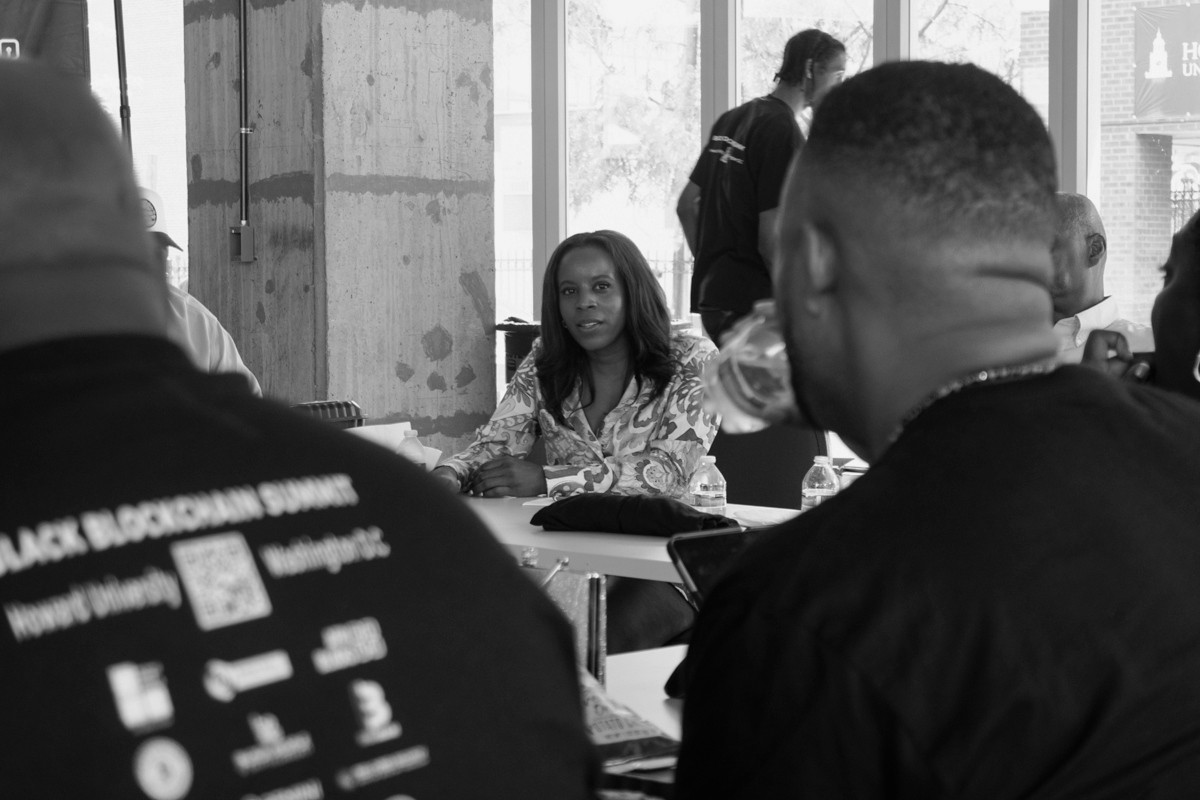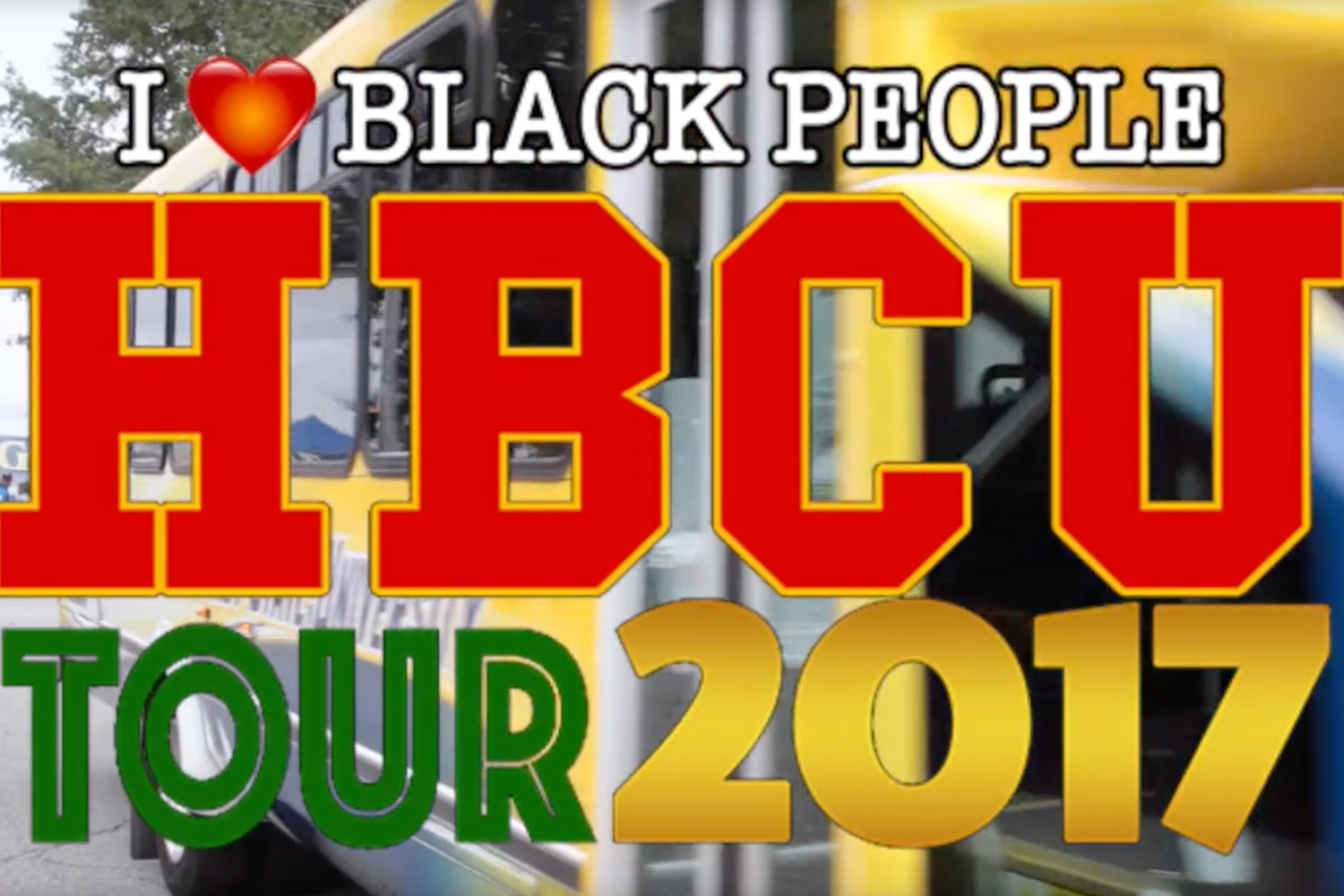This discussion centers on the intersection of blockchain technology, digital literacy, cultural identity, and global reparations, particularly within African and African diaspora communities. Ingrid LaFleur highlights the critical digital divide in Detroit and the scarcity of blockchain developers in Africa, emphasizing the need for youth access to technology to foster innovation and equitable wealth distribution. Ama Inyamiche discusses the importance of cultural identity as a foundation for healing and empowerment, outlining reparations’ key points such as formal apologies, repatriation, and addressing ongoing trauma through frameworks like post-traumatic slave syndrome. Janae Roscoe connects financial inclusion efforts with blockchain and Bitcoin, noting global initiatives like the World Bank and IMF’s Universal Financial Access campaign, and the role of mobile money in sub-Saharan Africa’s economic transformation. The panel underscores the need for culturally grounded economic models, such as Decentralized Autonomous Communities (DACs), which enable communities to create and control their own currencies and wealth outside traditional financial systems. They also address the importance of including women and balanced representation in movements toward social and economic justice. Overall, the conversation weaves technology, cultural restoration, and reparative justice into a cohesive vision for empowerment and systemic change.







